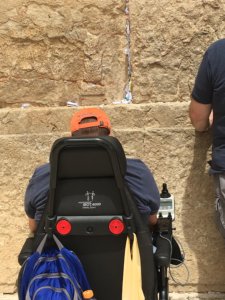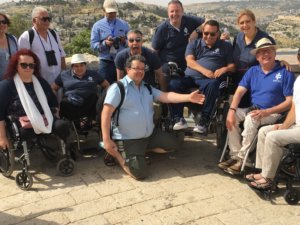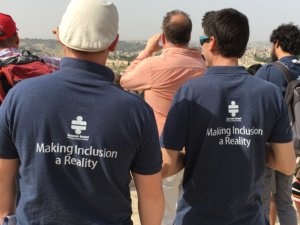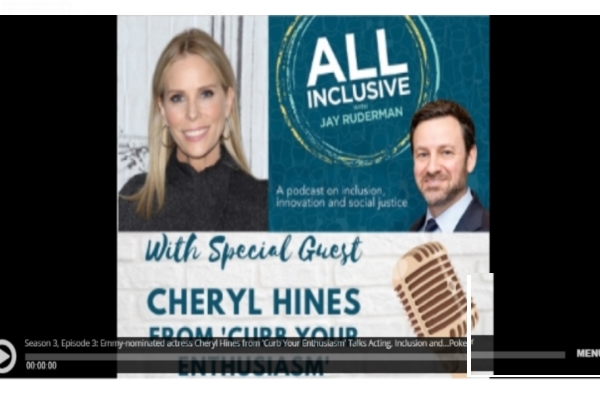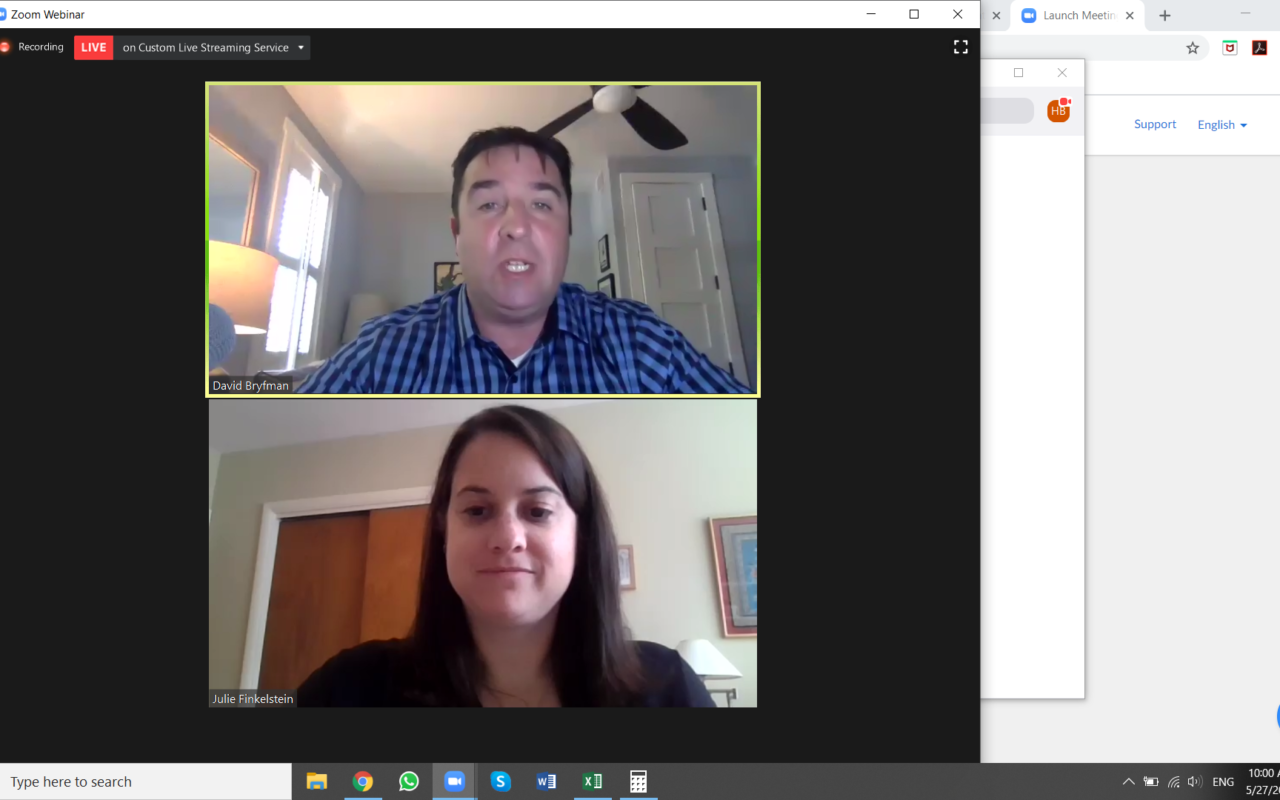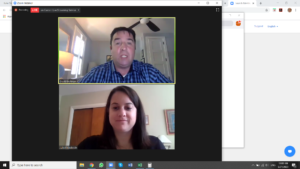Families across the country are in a real bind this summer. Not only are most overnight and day camps cancelled, but summer vacations are up in the air as well. Will families feel safe flying, renting cars, and staying in hotels? Of course the travel industry is taking precautions and changing protocols—even down to how guests check in to hotels, undergo wellness and temperature checks and changes, eat breakfast and receive room service orders. [see: https://www.usatoday.com/story/travel/hoels/2020/05/04/coronavirus-hotel-industry-issues-safety-guidelines-summer-travel/3074991001/; https://www.ahla.com/sites/default/files/safestayupdated.pdf; https://www.ahla.com/sites/default/files/safestayupdated.pdf]
What options exist for families who don’t own an RV or feel comfortable tent camping in the great outdoors? This is where beloved summer camps come in!
A May 25 New York Times Opinion piece by Seth Herschthal, owner and director of Blue Star Camps in Hendersonville, NC is entitled, “How to Save Summer Camps During: A Plan to Transform Camps Into Safe Retreats for Families.” [ https://www.nytimes.com/2020/05/25/opinion/summer-camp-coronavirus.html] suggests a novel use of summer camps which can benefit famliies.
Herschthal suggest a way for family units to thoughtfully, and safely use his 500-acre camp property. The camp, which usually serves 1000 people during a camp summer, will be repurposed to serve 40 vacationing families. He has thought of nearly everything: 250 people max, 5 days sessions with two days between sessions for thorough disinfecting, health questionnaires, daily temperature checks. meals offered as take out or in in 3 separate dining rooms honoring social distancing, and one counselor assigned to each family—he or she will interact with only that family for the week. Not only will Herschthal offer families an opportunity to get away to the great outdoors—he may recoup a lot of the money he will lose due to the cancellation of the regular camp session.
Rabbi Eliav Bock, Executive Director & Camp Director at Ramah in the Rockies, is advertising FreshAir BnB Summer 2020 Rentals, on the beautiful Ramah Outdoors site in Colorado, from July 7-August 16th.
The camp website is quite forthcoming: “Given the Covid-19 Pandemic, we have cancelled all Ramah in the Rockies run programs. We are now left with a significant budget shortfall, and are hoping to recoup some revenue through rental of our site to individual family units (or up to two families who are socially distancing together). We are launching our FreshAirBnB site rental program from July 7 to August 16. Rentals include a clean sleeping area with beds and mattresses, private bathrooms and showers, and refrigeration or ice for food storage.”
This a wonderful opportunity to enjoy the great outdoors, but it won’t feature Jewish summer camp programming visitors might be expecting. The website is playful and clear:
“What programs, activities, and equipment is Ramah providing? We promise to have incredible concerts of chirping birds, awesome sunrises and tranquil starry nights. Depending on the time of month you might even see the beauty of a full moon or the magic of a night under a new moon. Walk towards our creeks and you will hear the soothing sound of rushing water. Aside from that please do not expect our regular Ramah style programs. In the midst of the Covid 19 outbreak we are taking extra precautions to safeguard our community. As such we will not be lending any equipment to our guests. So If you want to play basketball, please bring one from home. If you need a yoga mat, bike or frisbee, please bring those too. You will have full access to our biking & hiking trails, basketball court, and fields. The bouldering wall will not be open.” http://www.ramahoutdoors.org/freshairbnb/
Be on the lookout for other camps and camping movements offering similar arrangements for families. Just tonight, Hazon sent out the following exploratory email to gauge interest in potentially visiting the Isabella Freedman Retreat Center this summer, as part of “Isabella Freedman Getaways.”
“It has become increasingly clear that retreats are unlikely to be able to run with the same participation numbers and pricing that they have in the past, even as Covid cases have begun to fall. As a result, we will be cancelling all retreats through the end of 2020. But even as we cancel retreats, we are hard at work trying to ensure that other programs can still take place at Isabella Freedman.
Our campus is beautifully located. We exist to serve our clients, to offer rest and renewal outside the city, and to do so in a way that nourishes and inspires people. We can’t do that, this year, with our traditional retreats. It may not be possible to do anything at all. But we are exploring whether we can enable at least some people safely to come up to Freedman. If we can do so it will be good for those who are able to come to Freedman, and good also for the institution and for our staff in this time of transition.
So with the understanding that there are many factors that may make it impossible or inadvisable to have guests at Isabella Freedman, we are sending this email to gauge your interest in a socially-distanced option that we are exploring. Please read below and then reply to me or email simone.stallman@hazon.org to let us know if you’d be interested.
Each family / group would get a suite of two rooms that would include a living and sleeping space and would sleep 4 comfortably. There will be no official programming, and no access to the main building. We expect to offer an optional outdoor “Avodat Lev” service in the morning, and yoga in the late afternoon, in both cases done outdoors and at appropriate distance. Other than that, and some Shabbat programming, this is simply an opportunity to ‘Getaway’ and enjoy the grounds, trails, and lake at Isabella Freedman (we are not currently allowed to open the pool until at least June 20, if at all), as well as the local area – while eating our farm-to-table kosher cuisine. Weekly linen service and light housekeeping will be included, as well as three meals per day, seven days per week, in an open-air tent, with take-away options for lunch.”
There are still a lot of uncertainties ahead, but it is likely that Jewish summer camps will make it possible for families to take a vacation this summer where they will hopefully enjoy the great outdoors—and each other!

